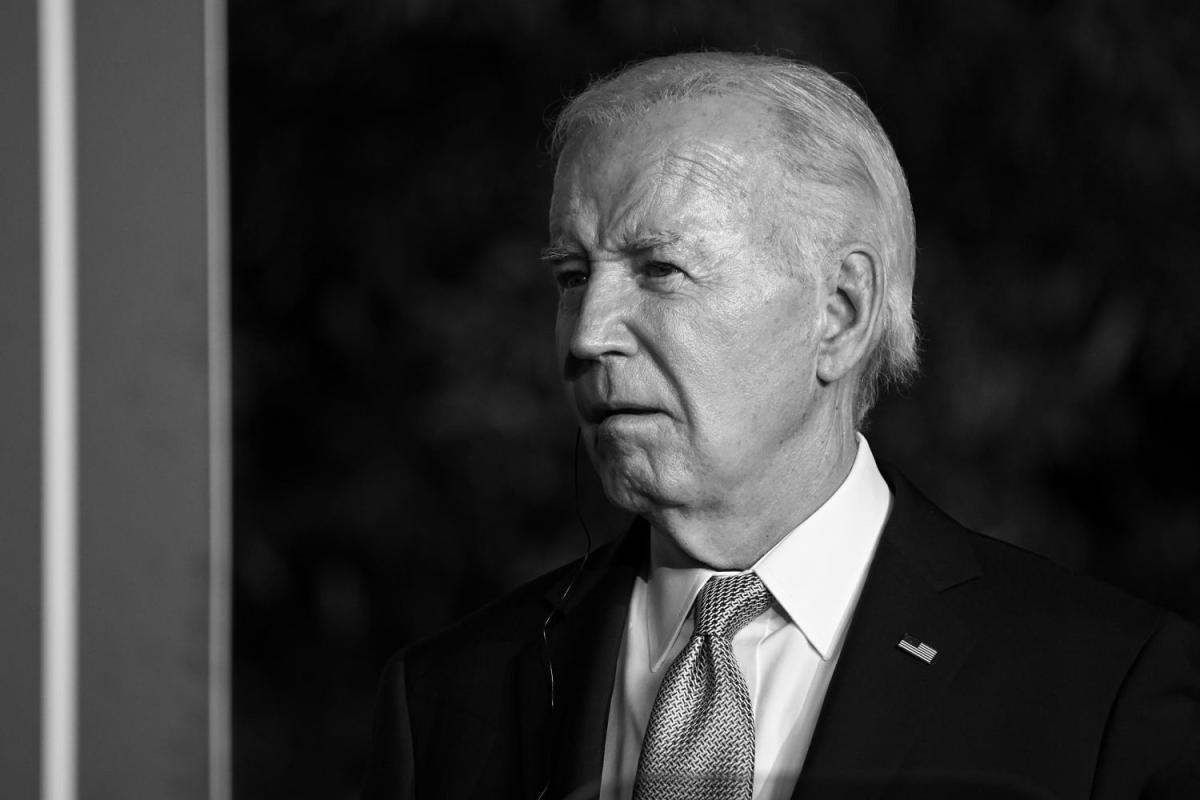Democrats are leaning toward protecting birth control as part of their campaign on reproductive rights, and want to highlight Republican efforts to oppose protections that many voters say they support.
Senate Majority Leader Chuck Schumer (D-N.Y.) plans to vote on the Right to Contraception Act next month.
The effort is likely to be blocked, but Democrats want to press Republicans on contraception, especially as the Republican Party grapples with how to express its position on reproductive rights in the wake of the Supreme Court’s decision to overturn Roe v. Wade.
Republicans blocked the same legislation last year, arguing it was written to protect abortion drugs rather than contraceptives.
Polls consistently show broad, bipartisan support for contraception. According to the annual Gallup Poll on Values and Beliefs released last year, 88 percent of Americans said contraception was morally acceptable.
More recently, a February Impact Research survey commissioned by Americans for Contraception found that contraception mobilizes voters who are currently less enthusiastic about the election, including young Hispanic and female voters and Black voters.
Most Republicans argue that birth control is not in danger, and those who oppose it are a small minority. They say bills to protect access solve problems that don’t exist and are attempts to score political points.
“If that’s the case, I don’t know why you don’t just support a bill that doesn’t matter anyway and make the issue go away instead of giving Democrats ammunition,” he said. Maria Zieglerprofessor of law at the University of California, Davis School of Law and a leading scholar of abortion politics.
Former President Trump brought the issue back into the national spotlight this week when he indicated in a television interview that he would leave contraception policy to the states but supported efforts to limit access.
The presumptive Republican Party presidential nominee quickly backtracked on social media, saying, “I have never and will never advocate placing restrictions on birth control or other contraceptives.”
Trump then went further, saying, “I do not support a ban on contraception, and neither does the Republican Party.”
But recent moves by Republican state lawmakers and governors tell a different story and have increased the sense of urgency for reproductive rights advocates and Democrats.
In Arizona, Republicans unanimously blocked legislation earlier this year to protect the right to contraception. In Tennessee, House Republicans in committee voted down a bill that would have made clear that the state’s abortion ban does not jeopardize access to contraceptive care or fertility treatments.
In Missouri, a comprehensive bill supporting women’s health care — including strengthening access to contraception — was shelved for months after Republicans mistakenly confused birth control with abortion drugs.
According to the Guttmacher Institute, an abortion rights research group, lawmakers in 27 states have introduced more than 59 bills and proposed constitutional amendments this legislative session that would codify the right to access contraception.
Only Virginia’s Democratic-controlled legislature was able to pass legislation that would have codified the right to contraception in the state constitution.
But Governor Glenn Youngkin (R) vetoed the bill, saying he supported the right to contraception but was concerned about the bill’s impact on religious freedom. He also said in his veto message that the measure would have harmed the rights of parents.
Ziegler said Youngkin’s veto message highlights the GOP’s messaging problem.
“They are in favor of the right to contraception, but they are very ambivalent about what that means,” she said.
Democrats are trying to capitalize on the broader issue of reproductive rights beyond abortion, seeing Trump’s comments and the state-level fight over contraception as examples of how powerful the issue can be.
“Contraception should be a non-negotiable reproductive right, but Republican lawmakers in state legislatures are tightening birth control as their latest target,” said Heather Williams, chair of the Democratic Legislative Campaign Committee.
“Contraception allows Americans to choose whether and how to build their families – Republican lawmakers deserve no role in shaping these decisions,” she added.
Major anti-abortion groups say they are neutral on contraception and claim there are no access issues.
“Medicare and Medicaid cover it. Title [the federal family planning program] focuses on it. And for years we were told the apparently false story that Planned Parenthood somehow had this under control. Can we get our nearly $700 million back from Planned Parenthood if they drop that ball?” said Kristi Hamrick, chief policy strategist at Students for Life of America.
But ground access is a different story.
“We don’t have broad access to the full range of contraceptive methods for everyone in this country, especially for people who are struggling to make ends meet,” said Rachel Fey, vice president of strategic policy at Power to Decide, an organization that advocates for sexual and reproductive choice.
Title
In Texas, a federal judge ruled that Title X clinics cannot provide contraception to teenagers without parental consent. The state also started Medicaid Planned Parenthood clinics, leaving low-income women with limited options.
This year, Indiana required hospitals to offer long-term contraceptive access to new mothers through Medicaid. But it removed IUDs from the law because Republicans viewed the IUDs as failures.
Concerns about access to contraception have existed long before the Supreme Court’s Dobbs ruling, but experts said the ruling has made it harder to separate the issue of contraception from the politics of abortion.
“That’s really the dilemma for the Republican Party,” Ziegler said. “I think most Republicans would say they are in favor of contraception. But there are deeper disagreements about what contraception is.”
Fey noted that there is a parallel between the erosion of abortion rights and what is happening in the field of contraception.
“People understand all the nuances in which abortion occurs in their lives and the lives of their loved ones. And I think the same goes for contraception,” she said, so it’s not an issue that needs much more “stoking.”
“I think there is simply an acute threat at the moment. And you know, that threat in many ways reflects how we got to where we are today when it comes to access to abortion in this country.
Copyright 2024 Nexstar Media, Inc. All rights reserved. This material may not be published, broadcast, rewritten or redistributed.
For the latest news, weather, sports and streaming video, visit The Hill.




